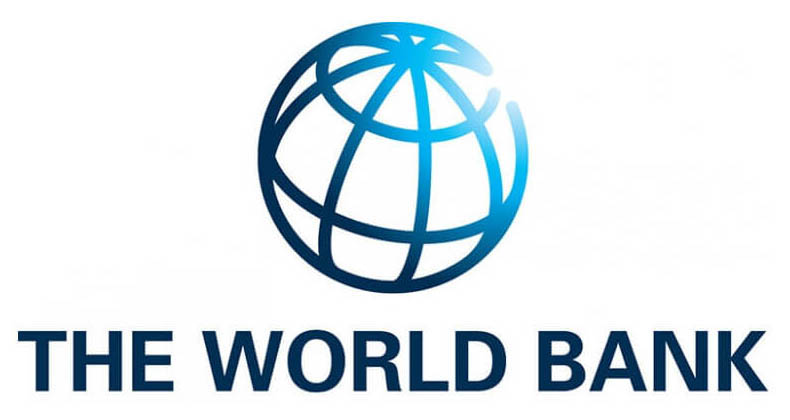A recent World Bank Symposium on Data Analytics for Anticorruption in Public Administration has tagged corruption as a major challenge to the Bank’s twin goals of ending extreme poverty by 2030 and boosting shared prosperity for the poorest 40 per cent of people living in developing countries.
The post-forum World Bank feature article titled “Combatting Corruption” cites several ways in which corruption impacts disproportionately on the poor and most vulnerable including the role it plays in “increasing costs and reducing access to services, including health, education and justice.” From the standpoint of the impact of corruption on specific aspects of the well-being of vulnerable groups in society, the report cites “corruption in the procurement of drugs and medical equipment,” which it says not only “drives up costs,” but can also lead to vulnerable groups having to rely on sub-standard and even harmful products. “The human costs of counterfeit drugs and vaccinations on health outcomes and the life-long impacts on children far exceed the financial costs. Unofficial payments for services can have a particularly pernicious effect on poor people,” the report adds.


